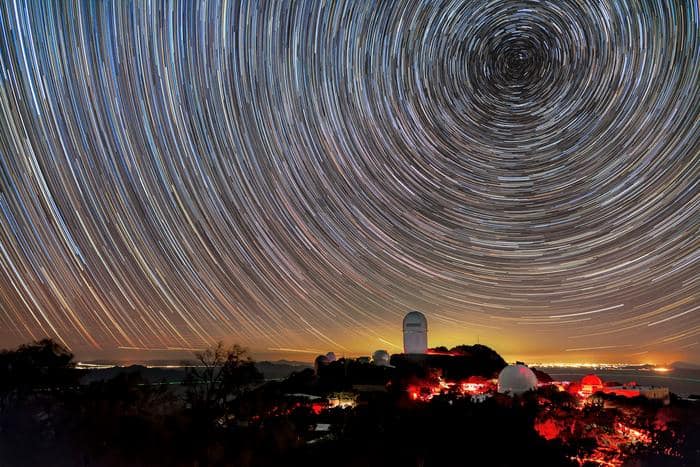A groundbreaking study connects the mysteries of dark energy with the observed masses of neutrinos. Researchers have introduced a bold hypothesis: cosmologically coupled black holes might be the key to understanding both phenomena. This new approach challenges traditional cosmological models and could change how we view the universe’s expansion.

What Is the Cosmologically Coupled Black Hole Hypothesis?
The team proposes that black holes interact with the universe’s expansion, influencing the energy that accelerates cosmic growth, known as dark energy. By linking black hole behavior to cosmological evolution, the model naturally produces the small but nonzero masses of neutrinos that scientists have observed. This finding not only addresses the perplexing nature of dark energy but also offers fresh insights into the role of neutrinos—some of the universe’s most elusive particles.
Implications for Modern Cosmology
The study’s results support the idea that dark energy is not static but evolving. This could have significant implications for future research, as astrophysicists work to refine our picture of the cosmos. As researchers test this new model, we may soon unlock deeper understanding of the universe’s most profound mysteries.
Sources:
Source